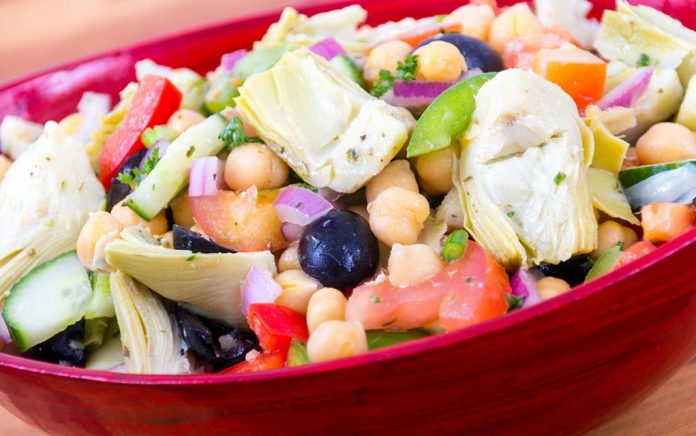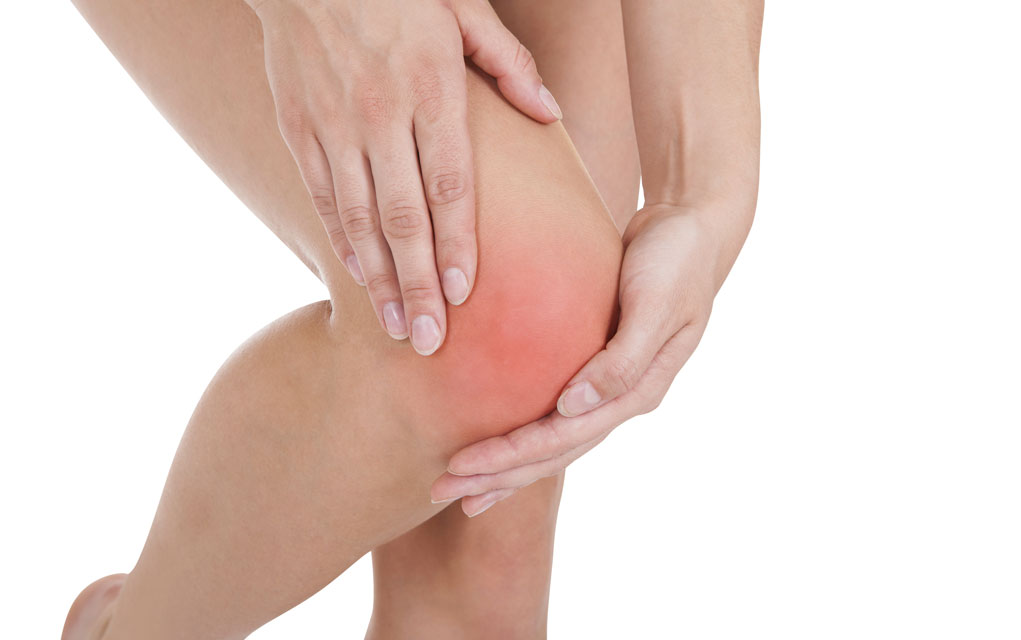
It would be great if we could count on a one-size-fits-all diet plan, but we’re all a lot more complicated than that. No two people are exactly the same, and our diets should reflect those differences. So, how do you know which diet is best for you? We have a few suggestions that may help point you in the right direction.
Keto for Cardio, Skin and Brain Health
A ketogenic (keto) diet cuts out almost all carbs, with the bulk of the dieter’s calories coming from proteins and fats. Most of us depend on carbs for much of our energy, but we have a handy adaptation that kicks in once our bodies realize they’ve become energy-deprived. We shift metabolic gears to break down our stores of fat for energy instead. This is called ketogenesis.
Ketogenesis has been studied as a potential treatment for several conditions, and the results have been promising. One of its more powerful effects seems to be on blood sugar and insulin resistance, which may open the door to a host of unexpected benefits. For example, a keto diet may protect against type 2 diabetes and cardiovascular disease.
Did you know doctors believe a keto diet may even treat some forms of acne? The milk and high glycemic foods typically found in Western diets may be wreaking havoc on your skin.There’s also evidence that the keto diet can reduce the frequency of epileptic seizures. It might even lower the risks of cancer and neurodegenerative diseases like Alzheimer’s, Parkinsons and ALS.
Paleo for Your Heart and Metabolism
The Paleolithic (“Paleo”) diet is based on the idea that the ideal human diet may not have evolved as much as our mindsets have. Humans living during the Paleolithic period were believed to survive off whatever they could hunt or gather. Those of us who follow a Paleo diet can eat meats, nuts, fruits and leafy greens, but avoid grains, legumes, starches or processed foods.
Because the Paleo diet is also low in carbs, it has many of the same benefits as the keto diet. Studies have shown it can be great for managing type 2 diabetes and heart disease. In fact, a Paleo diet may improve blood pressure and reduce “bad” cholesterol, even in sedentary people. The Paleo diet also appears to reduce your risk of metabolic syndrome, a cluster of conditions that may raise your risk for all of the aforementioned diseases.
Mediterranean Diet for Inflammation
The Mediterranean diet includes fish, whole grains, nuts, lots of fresh fruits and veggies and a generous intake of olive oil. The high fiber and ratio of healthy fats are believed to reduce inflammation, which makes it ideal for those of us who suffer from inflammatory conditions. The diet may even help protect against atherosclerosis, or hardening of the arteries, which is a major risk factor for heart attack and stroke.
The Mediterranean diet may also be helpful for people with autoimmune diseases like lupus and rheumatoid arthritis (RA). The Arthritis Foundation and the Rheumatoid Arthritis Support Network both recommend a Mediterranean diet to reduce arthritis symptoms. If you suffer from any type of inflammation, consider how your diet may be contributing — the Western diet can actually >cause inflammation and related conditions, such as heart disease.
Diet affects our bodies more than many of us realize, so consider your risk factors when planning your food choices. And remember: Diet isn’t only about losing weight; it’s about adopting a healthy lifestyle and helping your body feel its very best.
















